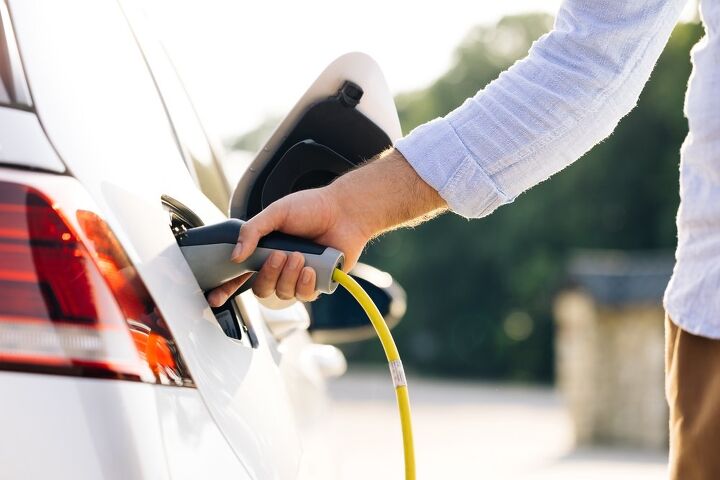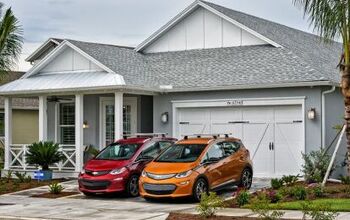Are Electric Cars Really Helping the Environment?
A recent study by the Keck School of Medicine of USC provides new insights into the potential benefits of electric vehicle (EV) adoption. The research, published in the Science of the Total Environment journal, presents the first real-world data linking EVs to reductions in air pollution and respiratory issues. This study marks a significant step in understanding the impact of electric cars on public health and the environment.
Understanding the Impact: Research Methodology
The researchers used multiple data sources to conduct their analysis. They gathered information on the total number of zero-emission vehicles (ZEVs), which include battery electric, plug-in hybrid, and hydrogen fuel cell cars, from the California Department of Motor Vehicles. The team also analyzed air pollution levels, focusing on nitrogen dioxide (NO2), and the rates of asthma-related emergency room visits across various California zip codes from 2013 to 2019.
Findings: Reduced Pollution and Health Risks
The results revealed a clear pattern: As the adoption of ZEVs increased within a zip code, there was a notable decline in local air pollution and asthma-related emergency room visits. Specifically, for every additional 20 ZEVs per 1,000 people, there was a 3.2 percent reduction in the rate of asthma-related emergency visits. Furthermore, the study showed a modest decrease in NO2 levels, a pollutant closely linked to traffic emissions.
Socioeconomic Disparities in ZEV Adoption
However, the study uncovered an adoption gap in ZEVs, with slower uptake in lower-resource areas. This gap highlights a need for policies that promote equitable access to clean transportation, particularly in communities disproportionately affected by pollution and related health issues.
Future Research and Broader Implications
While the study's findings are promising, the researchers acknowledge that more investigation is needed. Future research should explore additional pollutants, other vehicle classes, and broader environmental impacts of ZEVs, including the emissions from their production and disposal.
Conclusion
The study by the Keck School of Medicine of USC offers another case for the adoption of electric vehicles, not just for environmental reasons but also for public health benefits. It underscores the importance of considering local actions in the global fight against climate change and highlights the potential for significant health improvements through technological advancements in transportation.
This article was co-written using AI and was then heavily edited and optimized by our editorial team.
More by TTAC Staff
Latest Car Reviews
Read moreLatest Product Reviews
Read moreRecent Comments
- Detlump I almost bought a dark red one of these when I was cross-shopping Volvo wagons. I didn't like the frameless glass of the doors but it was a close call. I wanted a wagon for my hockey gear and also carrying parts as I was an engineer at the time. SUVs weren't a thing at that point and I wanted an enclosed, secure cargo area.I ended up going with a 95 850 wagon and it has served me well. The only time it left me stranded (temporarily) was when the coil wire popped off. I also got a flat tire, but I can't blame the Volvo for that. BTW, I still have the 950 with 263,000 miles - just changed the timing belt too - I have that process down to about an hour by now!
- Wjtinfwb 18 year old Euro with admitted "issues". RUN from this money pit. My experience with European cars is time is more of an enemy than Mileage. I'd rather a 5 year old BMW with 120k miles than a 15 year old one with 50k. Electronics, wiring, plastics, exterior trim etc. just crumble with time, particularly if the car has lived in a harsh climate outside. I have folders of receipts from BMW, VW and Audi shops if you'd like to see the evidence of my thesis.
- Wjtinfwb We too have a Subaru, a '16 Crosstrek. Aside from it's appetite for batteries (or crappy Subaru batteries), so far it's been a reliable ride, but from day one I've always thought it felt flimsy. I'm sure we'll get good service out of it and have no plans to replace it, but won't be surprised if it starts nickel and diming up as all those plastics and the electronics start to age.
- Bd2 Excellent article, very nice car. Thank you Murilee.
- Make_light I like Subarus, and I often think they don't get enough credit for how they drive. Lots of people say it's the faux-rugged image that accounts for their popularity, but they also drive with a solidity and plantedness that's absent from a lot of the Japanese competition. That being said, this thing is ugly. I never felt that Subarus were as ugly as commenters claim they are. Boring, sure, but not necessarily ugly. But between this and the refreshed Legacy, it's like they're trying to make their vehicles look as incohesive and awkward as possible.


































Comments
Join the conversation